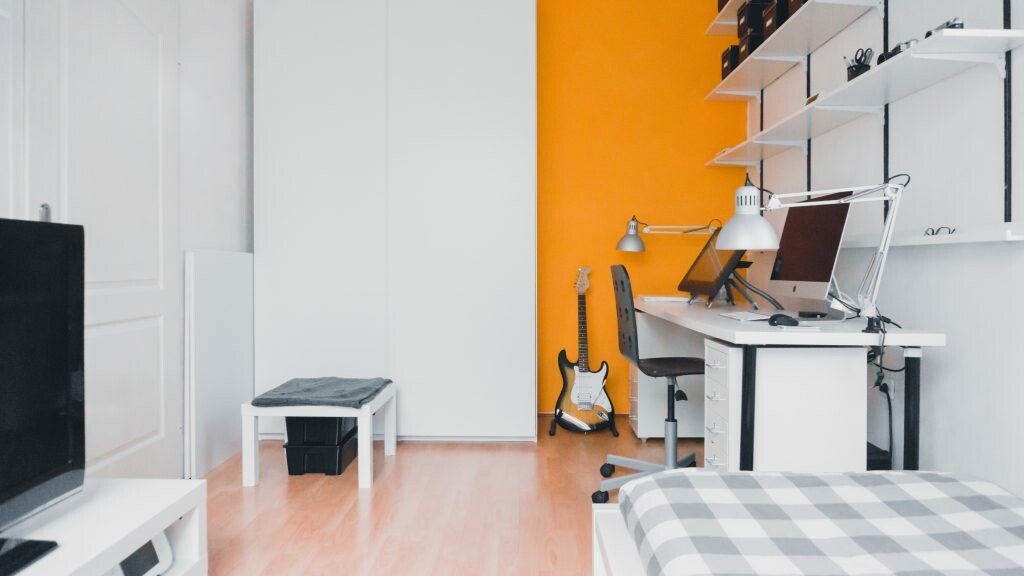The firm said that when investments are also taken into account, the total volume of capital movement exceeded €8.8 billion excluding debt funding, fund raisings and loan provisions.
Increased tenant demand is fuelling this investor demand, particularly from institutions BONARD said in its Student Housing Annual Report 2021, recently released and based on data collected from 207 markets and submarkets.
“The Covid pandemic did not have a damaging effect on the sector, it only confirmed the fundamental: that students still prefer to study on site,” said the firm’s head of rented residential Julia Momotiuk.
She said that in 2021 there were both high occupancy rates and growing rents and the counter-cyclical nature of the sector is attractive for investors and developers.
By September 2021, the average occupancy rate in private PBSA stock in Europe stood at 94%. Levels were particularly high in the Netherlands (99%), Belgium (99%), Poland (98%), Germany (97%) and France (95%).
The sector also saw over 50,000 student beds added in 2021, while 229,098 beds are still in the pipeline.
Compared to Continental Europe, the UK exhibits a slightly higher share of portfolios made up of 10,000+ beds. In Continental Europe, the most common portfolio size ranges between 1,500 and 4,999. Consolidation is expected.
Consolidation expected in some European countries
CEE countries and Southern Europe will continue to generate strong investor interest in 2022, while the market in the rest of Europe undergoes consolidation.
This year will also see the sector moving more markedly towards asset hybridisation, such as student accommodation combined with serviced apartments, which will help mitigate risk.
Julia Momotiuk commented: “There is a pent-up demand, especially from institutional capital.” She added that one challenge is the lack of opportunities to deploy capital.
A further challenge is rising inflation, which is increasing the cost of building.
Momotiuk added: “The rising cost of materials and labour for new developments has had a considerable impact on asset capital expenditure. The Covid-19 prevention measures implemented in residences mirrored the additional costs of operating expenditure. Rising inflation across the market outpaced rent increases within the sector.






